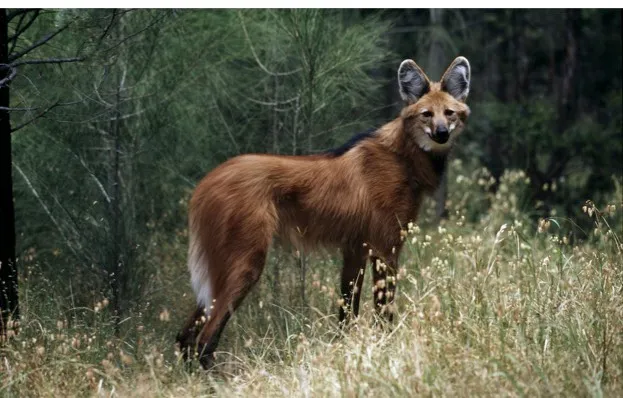The Living Planet Report 2016, published today, is the world’s most comprehensive survey on the health of the planet, and the outlook is less than favourable.
The report, produced by the World Wildlife Fund (WWF) and Zoological Society London (ZSL), shows that vertebrate populations across the world are on track to decline by an average of 67 per cent from 1970 by 2020.
It concludes that the cause of this threat to biodiversity is predominantly due to humanity’s impact on the planet, and that urgent action must be taken in order to reverse the trend.
Overfishing, deforestation, pollution, and illegal wildlife trade along with other human activity has had a devastating impact on wildlife populations globally, with climate change putting further pressure on species.
“Humanity’s misuse of natural resources is threatening habitats, pushing irreplaceable species to the brink and threatening the stability of our climate,” said Mike Barrett, Director of Science and Policy at WWF-UK.
The report highlighted the substantial impact of agriculture and food production on the natural world, with data revealing that this places huge strain on freshwater systems in particular. It emphasises the urgency of finding means to feed the world sustainably.
The message data reveals in the report is clear: the Earth’s biodiversity is plummeting due to human impact, painting a concerning picture of our own future along with other species.

The maned wolf is threatened by the increasing conversion of grasslands into farmland for grazing and growing crops in the Brazilian Cerrado. © Martin Harvey / WWF
Yet along with the worrying statics, the report also acknowledged positive findings that could provide an important framework with which to more forward.
Recent initiatives such as conservation methods that have lead to increases in tiger and panda populations, and the widespread ratification of the Paris agreement on climate change, prove that solutions are available.
Putting similar measures in place could help to halt the negative trend, or even turn it around.
Reacting to the report’s findings, WWF is calling on governments to prioritise action on conservation, climate change, and sustainable development in order to reduce humanity’s impact on species and ecosystems.
“We know how to stop this. It requires governments, businesses and citizens to rethink how we produce, consume, measure success and value the natural environment,” commented Barrett.
Key statistics from the Living Planet Index (LPI)
Terrestrial LPI: populations have declined by 38 per cent between 1970 and 2012.
Freshwater LPI: populations have declined by 81 per cent between 1970 and 2012.
Marine LPI: populations have declined by 36 per cent between 1970 and 2012.
Read the full Living Planet Report 2016.